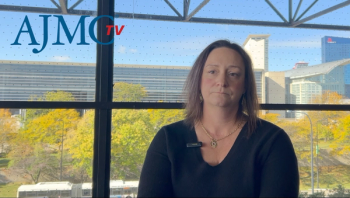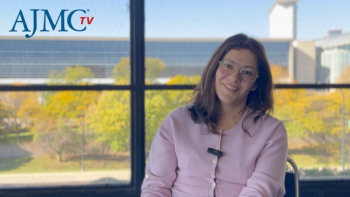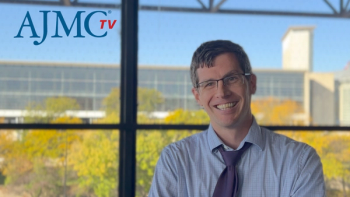
Establishing Goals of Therapy in COPD
Factors to consider when establishing treatment goals for patients with chronic obstructive pulmonary disease.
Transcript
Neil B. Minkoff, MD: I’m going to try to switch to the next section here and move on. We’ve covered a lot on the diagnosis and the basics and have talked about the goals of therapy and escalation strategies. One of the things we have been talking about are nonmedical ways of doing this. We’ve touched on pulmonary rehab, exercise programs, vaccinations, and so on. But now let’s talk about medical therapies. When you’re treating a patient, what is your goal of therapy? And how do you escalate that strategy?
Frank C. Sciurba, MD, FCCP: I think the goals of therapy need to be targeted at what is bothering that person in front of you at that time, and they have to be customized. It’s not 1 treatment fits all. We’re hoping we can make even more progress with personalized medicine. But even now, we have different approaches that ought to be uniquely applied to an individual. If somebody has a lot of flare-ups and that’s their major problem—flare-ups are two-thirds of the cost of healthcare in COPD [chronic obstructive pulmonary disease] patients, so they’re really important. Not only do the individuals struggle with it, but it burdens the healthcare system and the providers. That’s 1 thing.
The other is symptoms: shortness of breath with exertion, disability, withdrawal from activity, cough, sputum production. With that I have a line I often ask my patients, that gives me some guidance, because everybody starts at a different level. I ask, “What is the last thing you lost?” We’re going to target to try to get that back. Because in some more extreme cases it’s, “I can’t leave the house anymore to go shopping.” In others it’s, “I can’t do 18 holes without a cart anymore,” and they’re still golfing. So you have to target the individual. What is their limitation? And then it also gives you, as a practitioner, a sense of whether your treatment is effective.
Byron Thomashow, MD: Let me just restress that, because I think what Frank just said is really unbelievably important. Far too often in the respiratory world, and I do think in medicine in general, we as providers try to set goals. We need to do a much better job of listening to the individual patient and finding out what goals are important to them. Whether they’re the ones Frank talked about, or it’s being able to dance at your daughter’s wedding, or being able to play ball with your grandchildren in the backyard, we need to define what the goals of that individual person are. And then we need to work with them to try to attain those goals. That’s what our job is, and it has gotten lost somewhere in the mix.
Newsletter
Stay ahead of policy, cost, and value—subscribe to AJMC for expert insights at the intersection of clinical care and health economics.









